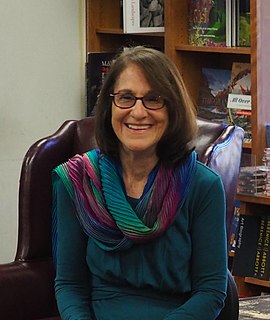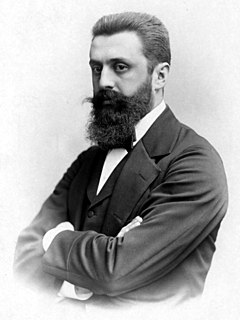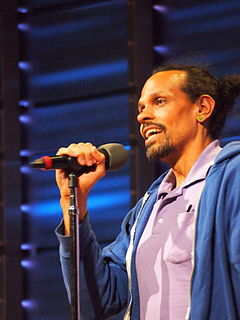A Quote by E. M. Forster
People have their own deaths as well as their own lives, and even if there is nothing beyond death, we shall differ in our nothingness.
Related Quotes
The deepest and most organic death is death in solitude, when even light becomes a principle of death. In such moments you will be severed from life, from love, smiles, friends and even from death. And you will ask yourself if there is anything besides the nothingness of the world and your own nothingness.
There's nothing to mourn about death any more than there is to mourn about the growing of a flower. What is terrible is not death but the lives people live or don't live up until their death. They don't honor their own lives ... their minds are full of cotton. They swallow God without thinking, they swallow country without thinking. Soon they forget how to think, they let others think for them.... Most people's deaths are a sham. There's nothing left to die.
In brief, I regard love as a more decisive focus of meaning than death. In terms of Heidegger's argument, this is because I think he misdescribes the importance of the deaths of others and focuses exclusively on my relation to my own death. But, in reality, the deaths of others have a more urgent and immediate impact on our lives than the purely notional knowledge that I too will one day die.
There would be no chance at all of getting to know death if it happened only once. But fortunately, life is nothing but a continuing dance of birth and death, a dance of change. Every time I hear the rush of a mountain stream, or the waves crashing on the shore, or my own heartbeat, I hear the sound of impermanence. These changes, these small deaths, are our living links with death. They are death's pulses, death's heartbeat, prompting us to let go of all the things we cling to.
I am a spark from the Infinite. I am not flesh and bones. I am light. In helping others to succeed I shall find my own prosperity. In the welfare of others I shall find my own well-being. I am infinite. I am spaceless, I am tireless; I am beyond body thought, and utterance; beyond all matter and mind. I am endless bliss.
Out of perfection nothing can be made. Every process involves breaking something up. The earth must be broken to bring forth life. If the seed does not die there is no plant. Bread results from the death of wheat. Life lives on lives. Our own life lives on the acts of other people. If you are lifeworthy, you can take it.
Now I felt the long-forgotten urgency of lovemaking, when it seems one's human selves leave, to be replaced by hungry beasts bolting their food. Gone are the civilized beings who talk of manners and journeys and letters; in their places are two bodies straining to give birth to a burst of inhuman pleasure followed by a great, floating nothingness. An explosion of life followed by death - in this we live, and in this we foreshadow our own sweet deaths.
The Jews who will it shall achieve their State. We shall live at last as free men on our own soil, and in our own homes peacefully die. The world will be liberated by our freedom, enriched by our wealth, magnified by our greatness. And whatever we attempt there for our own benefit will redound mightily and beneficially to the good of all mankind.






































